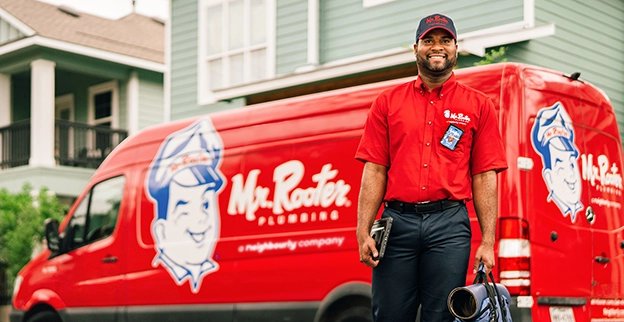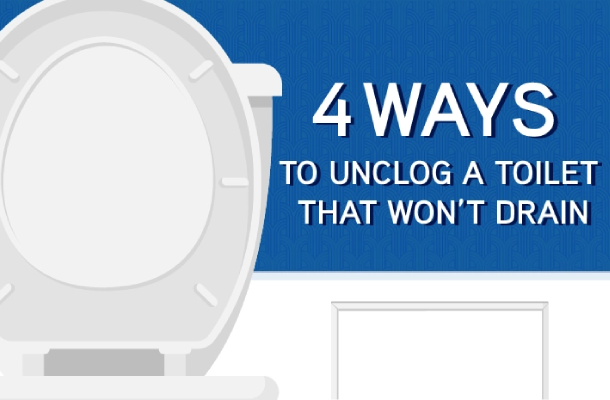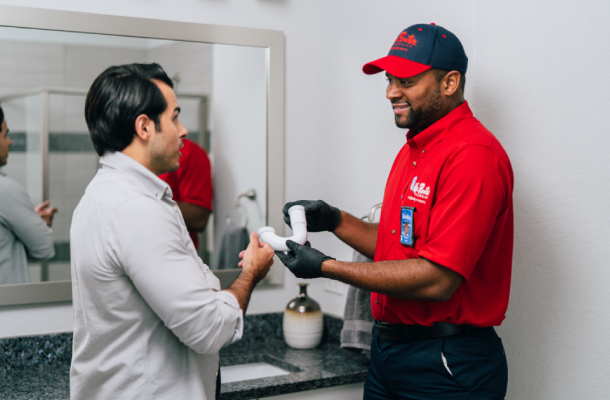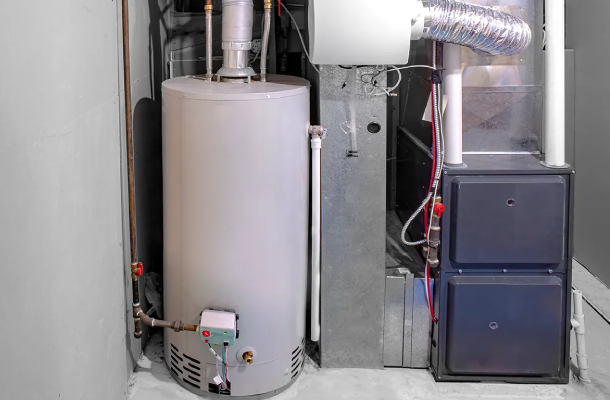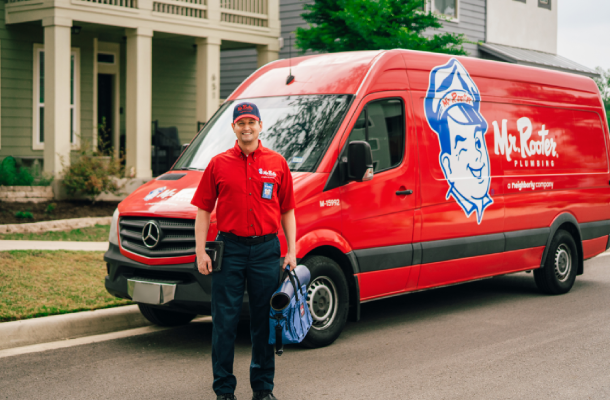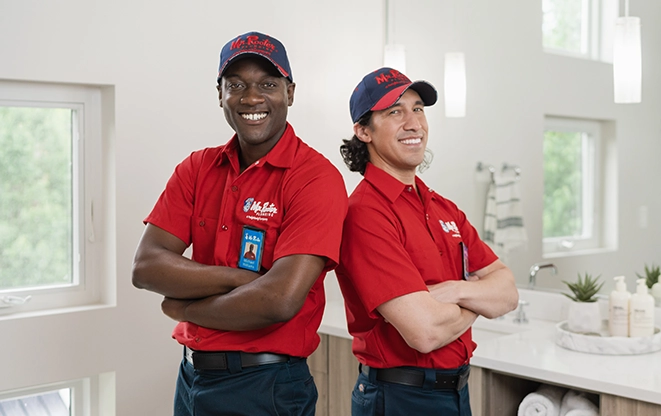Oftentimes, a water heater repair in Burnaby is inevitable due to a combination of factors, so don’t feel guilty about indulging in extra-long hot showers. If anything, you are doing a disservice to yourself and your home’s plumbing system by forgoing water heater repair. Burnaby homeowners can depend on a qualified, licensed, and fully insured plumber from Mr. Rooter Plumbing of Burnaby for water heater repairs, installations, and maintenance services. Our trustworthy team members possess the grit, ingenuity, and know-how for a Burnaby water heater repair, no matter the feat. Our team always advocates for our clientele by genuinely listening to your perspective and offering authentic and long-lasting solutions. Burnaby, BC property owners who remain indecisive about committing to a professional plumbing service can always schedule a no-obligation consultation in which we will determine the best course of action for your plumbing system.
Why Is Water Heater Repair A Necessity?
A water heater tends to break down as it becomes less efficient over time due to wear and tear, usually because it’s about to reach its expiry date, a broken component such as a faulty thermostat or snuffed out the pilot light, accumulated debris, including sediment buildup or is being overworked due to being slightly small in size and unable to accommodate a larger family size. Either way, opting for a Burnaby water heater repair can be more cost-effective than getting a brand-new replacement, as tweaking a broken gadget is all that’s needed for your system to function correctly and be restored to its original condition. Although some Burnaby residents may be complacent and not too concerned about having bare little of the piping hot stuff, there are other benefits from receiving a water heater repair. Burnaby homeowners must note that a busted water heater will only wreak havoc on their home as its energy efficiency plummets due to a corroded and leaking unit which also increases the likelihood of a flood. Here are some of the other reasons which may have contributed to your water heater system falling into disrepair:
- Old age
- Too much excessive water pressure
- Accumulated debris and residue, including rock sediment buildup or carbon soot (in gas-powered units)
- Nasty clogs
- Leakages
- Discoloured rust and corrosion
- Broken components
- Bad installation job
- Bad electrical wiring, including shorts in the circuit breaker (electric-powered units)
- Too small of a tank size (tank-based units)
- Lack of maintenance over the years
How Does Mr. Rooter Plumbing of Burnaby Approach Water Heater Repair?
Types Of Water Heaters We Handle
Burnaby homeowners normally have either a gas-powered or electric-powered water heater, and both have their pros and cons:
Gas: A gas heating system is ignited hot through a burning fire at its base, and it then transfers this hot flush through a chimney sweep. The hot liquid is transported through your home’s water supply lines and flows out of your faucets the moment you turn them onto the red setting. As hot water is streamed out, cold water is retransferred back into the system to be inflamed hot once more. If your gas unit happens to be glitchy, it's normally due to a faulty component or the needed rest period for hot water tank systems, at least. Generally, a gas unit is much more affordable than an electric one as it has a lower upfront installation cost. Plus, you will never find yourself going into panic mode during an emergency power outage. But its only downfall is the effort and motivation required towards maintenance, as it’s mandatory to scrub away any residue including carbon soot and rock sediments. If you forgo this chore, your system is susceptible to rust and corrosion and will eventually begin to leak. As a result, you may need more consistent water heater repairs more often than not to avoid permanent damage to your system.
Electric: Many modern homeowners are making the upgrade to an electric-based unit. An electric heating system transfers cold water to its dip tube and ignites it hot using thermal energy through a heat out pipe. The water is made smoking hot and transported through the water supply lines of your home into the taps, faucets, and showerheads. The best aspect about an electric-powered unit is its low-key maintenance needs, and you won’t ever find yourself dealing with rust and corrosion from leftover sediments. They may be expensive to install, but you will save on your utility expenses as they are the more energy-efficient system. The only drawback is that they have a short startup period before they fully launch and provide you with hot water. But once they do, they are more consistent than their gas counterparts.
Tankless Water Heater Systems
A tankless unit can also be electric or gas-operated. No matter the fuel source, this type of system is often referred to as a hot water on-demand water heater. Instead of being stored in a tank, cold fluid travels through the heat exchanger and is heated instantly.
Types Of Components
Temperature And Pressure Relief Valve: This component serves as a safety mechanism for your water heater system. For example, if your unit happens to spew out extremely high levels of temperature or pressure, this device will be triggered by default and bring your system back to equilibrium. If the valve happens to detect heat past approximately 210 degrees or extra pressure past 125 PSI within the unit itself, it will open up the valve to relieve some of the stress.
Heat Exchanger: Heat exchanger components basically boost the temperature of the water by transferring heat from one source to a different one, thereby circulating hot liquid through a pipe to storage within the tank. If the heat exchanger happens to be damaged with burnt-out wiring, for example, our plumber can make the appropriate adjustments through water heater repair.
